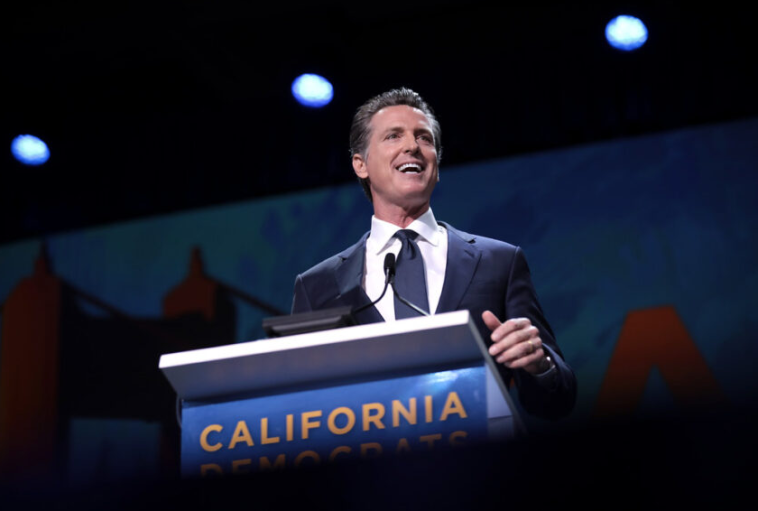The U.S. Environmental Protection Agency (EPA) has approved California’s request to enforce a ban on the sale of new gasoline-powered vehicles by 2035. This decision allows California to implement stricter emissions standards than federal regulations, a practice the state has followed under waivers granted by the Clean Air Act.
Details of the Ban
Under the new policy, all new cars sold in California must be zero-emission vehicles, such as electric or hydrogen-powered models, by 2035. California argues this move is essential for addressing air quality and reducing greenhouse gas emissions. Several other states have indicated they plan to adopt similar measures in the coming years, amplifying the potential national impact of the policy.
Opposition from Critics
The decision has drawn sharp criticism from opponents who argue it could hurt consumers and the economy. President-elect Donald Trump has already stated his intent to revoke California’s waiver, calling the policy “a step too far” and emphasizing concerns about economic consequences and consumer choice. “We will not allow California politicians to impose a 100% ban on the sale of gas-powered vehicles,” Trump said in a recent statement.
Legal challenges are also mounting. The U.S. Supreme Court has agreed to hear a case questioning California’s authority to set its own vehicle emissions standards. A ruling against the state could significantly alter the future of such regulations.
Industry Concerns
The automotive industry has expressed mixed reactions. Some automakers are actively transitioning toward electric vehicles and see the EPA’s approval as aligning with their long-term strategies. Others, however, warn that meeting the aggressive timeline could result in higher costs for consumers, reduced vehicle options, and challenges in building the necessary infrastructure for zero-emission vehicles.
The Alliance for Automotive Innovation, representing major car manufacturers, has cautioned that mandates like California’s could hinder economic activity and strain resources.
Supporters’ Perspective
Environmental advocates argue that the move will help reduce pollution, improve public health, and position the United States as a leader in clean energy technology. Supporters also highlight that transitioning to zero-emission vehicles could bring economic opportunities, such as job creation in renewable energy and manufacturing sectors.
What’s Next
California’s policy has become a flashpoint in the broader debate over state versus federal authority on emissions standards. As legal battles and political opposition continue, the policy’s future may hinge on the incoming administration and the courts.
For now, the EPA’s decision sets the stage for significant changes in the automotive industry and raises questions about how federal and state governments will navigate these evolving regulations. The outcome will have major implications for consumers, automakers, and environmental policies nationwide.


